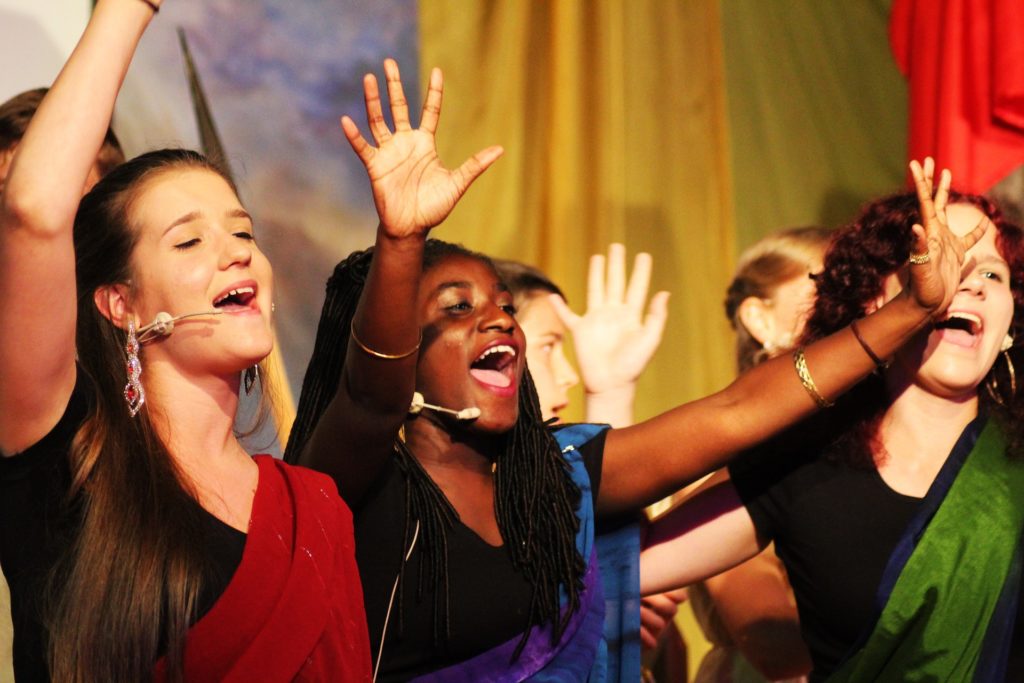The name game
This term, I’ve been teaching a course at the wonderful institution that is City Lit entitled ‘What is Music?’. Across ten weeks, our class has been covering a range of topics around the development and perception and music from the creation of the earliest instruments to notation, tuning, the kind of language we use to talk about performers and composers, the gender divide in the music profession, and so on. Recently we spent a few hours contemplating the question of musical genres. How do we know what genre something is in? Does that genre remain the same over time, or shift? If it shifts, how does it do this, and by how much? What else are we picking up from a short musical extract about country of origin, date, style, mood, and so on. And as homework for the class, I asked the students to go away and try to track down concise definitions of some of the most problematic musical genres (because I’m mean like that) – among them, ‘opera’, and ‘music theatre.’
The whole session was fascinating. But this particular bit of definition work proved particularly eye-opening. Because, quite simply, as far as we could see, it couldn’t be done. You can’t definitively disentangle opera and music theatre. Heck, none of the music dictionaries can do it either, not really, not to a level that makes it crystal clear. Of course opera has been around a lot longer and has evolved in all sorts of curious directions over time. But then so has music theatre, even though it’s young by comparison. Where, my students asked, should they put West Side Story? What about Sweeney Todd? Where does Ivor Novello fit in to all of this? Is it even possible to attempt to draw a line in the sand, a clear and unbroken line, between operetta and musical?
Perhaps someone will reply to this blog and tell me that such a line exists. But I’m prepared to take the risk that despite every effort, it will be – at absolute best – extremely hazy.

And yet also in the last few weeks, I have had conversations with people about music theatre that have gone one of two rather interesting directions. The first is that I mention the name of a musical and they shake their head vehemently and say, ‘oh no, I don’t like musicals, they’re no good, they’re not for me.’ These are usually people who adore opera. The other is that I mention the name of a musical that I happen to love, or be interested in going to see, and they look incredulous. ‘I didn’t know you liked musicals,’ they say. ‘Is that really your sort of thing?’ They look a bit doubtful, as if I’ve temporarily taken leave of my senses. Even when I reassure them, they don’t seem terribly convinced.
Now, I’m aware that there are certain musical styles that are not to everyone’s taste. Certain voice types, too. And if Maria Callas is your kind of thing, I quite accept the fact that Kristin Chenoweth might not be. Perhaps a show entirely consisting of Abba’s greatest hits is not going to do it for someone who is otherwise only crazy for Wagner. (Although I’ve got to say, it was the storyline rather than the songs of Mamma Mia! that gave me a headache, comedy flipper dance notwithstanding.) But I worry that battle lines are being drawn here across a territory that is otherwise so overladen with similarities, ideas, brilliant and varied conceptions of character and drama, that something serious is being lost by trying to insist upon a hard division. Perhaps in the majority of cases – though certainly not all – different vocal types have become the norm. Perhaps the permanent band doesn’t always overlap (though it certainly can – see why this is tricky?). But both are about telling stories. Both are about telling those stories through song, and words, and action, and music. And both tell stories that can be funny or completely ludicrous or incredibly profound and moving.
So why are we so determined to hang on to the divide? As you may have surmised, it’s not one I’m all that bothered about. A few weeks back, I taught a class on opera choruses. I ended it with the ‘Tonight’ quintet from West Side Story. ‘Wow,’ one of the students said after I’d played it through. ‘I haven’t heard this for so long, and I thought I remembered how it went… but it really is utterly brilliant, isn’t it?’ And so it is. In fact, perhaps slotting in the occasional visit to the West End for non-opera is a good way to do the kind of reminding that we all need from time to time: the reminding that stops us sliding half-remembered music into a box with a label, and thinking we know it, and deciding that it must be like everything else that has soundlessly slipped into the very same box alongside it. When we are given the opportunity to listen, really listen (and ideally watch as well), it often turns out that there are marvels to be found in all sorts of corners that we had consigned without truly examining. That, after all, is the reward for keeping our ears, eyes and minds truly open.

